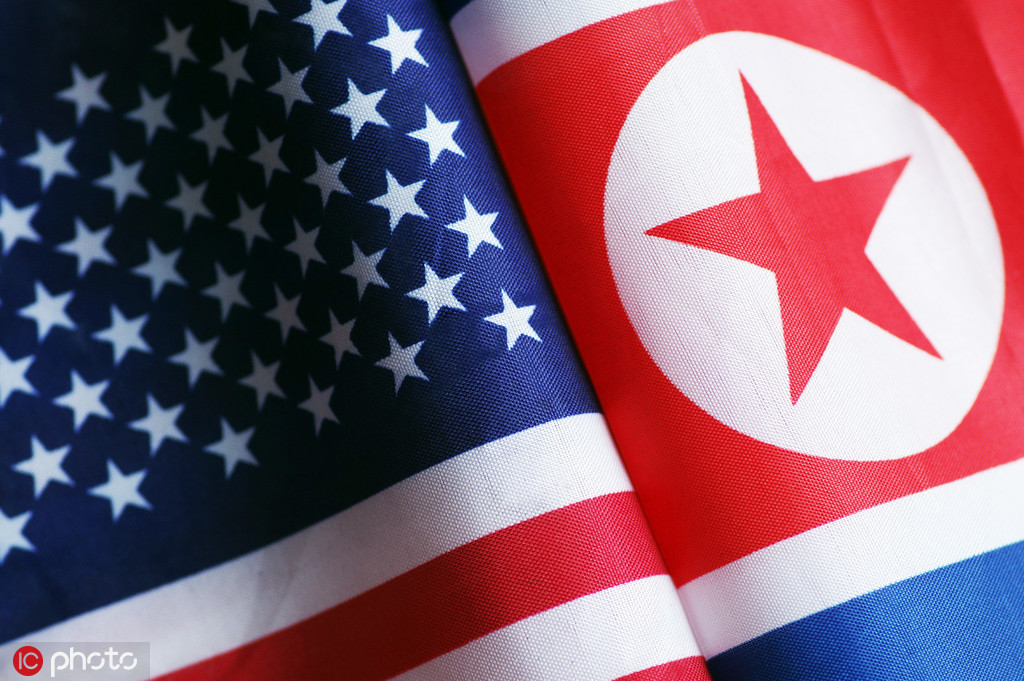US should ease sanctions on DPRK: China Daily editorial
chinadaily.com.cn | Updated: 2019-12-30 20:13

As the Christmas season has passed and 2019 draws to a close, those who were worried about the Democratic People's Republic of Korea's ominous threat of a "Christmas gift" for the United States might be heaving a sigh of relief.
Yet there is still the year-end deadline the DPRK's top leader set for Washington on denuclearization talks.
Hopefully, despite the tough words and actions — the DPRK carried out two "important tests" at a satellite launching ground earlier this month, and the US has recently sent more surveillance aircraft to the peninsula — both sides will remain restrained and not do anything that might blow the chance for a diplomatic solution.
As White House National Security Advisor Robert O'Brien said on Sunday, "channels of communication" between the two countries are still open. More important, the DPRK has so far restrained itself from lifting a moratorium on nuclear and long-range missile tests, which is considered a red line it must not cross if any denuclearization hope is to survive.
Which may give cause for optimism that it was DPRK top leader Kim Jong-un applying pressure on Washington when he called for his military and diplomats to prepare unspecified "offensive measures" to protect the country's security and sovereignty during a key meeting on Sunday. Especially, as his proclaimed focus on the country's economy may also serve as a proof that the possibility of a return to the old path of nuclear adventurism is slim.
Kim "stressed the need to reasonably straighten the country's economic work system and order" while seeking a "decisive" increase in agricultural production and improving science, education and public health standards, according to the state news agency KCNA. Attaining these goals would be out of the question if a nuclear confrontation re-emerges.
But that does not mean Washington should continue to press ahead with all the sanctions and pressure it is already applying against Pyongyang without making any substantial moves to address the latter's existential concerns.
The US may insist the DPRK is not doing enough in denuclearization, but there remains a discrepancy in understanding about how that process should unfold. The hard-handed method adopted by the US has only deepened distrust, and compounded the DPRK's fears that it will get nothing in return for abandoning nuclear capability.
Thus to solve the stalemate, China and Russia proposed a draft UN Security Council resolution earlier this month that would lift some sanctions so as to restart the stalled denuclearization talks.
The US should consider giving the proposal a chance. After all, keeping the peace momentum on the Korean Peninsula going caters to its interests as well.
























